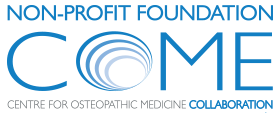Autism Spectrum Disorder from the Womb to Adulthood: Suggestions for a Paradigm Shift
Full Paper
Journal: J. Pers. Med. 2021, 11(2), 70
Abstract:
Abstract
The wide spectrum of unique needs and strengths of Autism Spectrum Disorders (ASD) is a challenge for the worldwide healthcare system. With the plethora of information from research, a common thread is required to conceptualize an exhaustive pathogenetic paradigm. The epidemiological and clinical findings in ASD cannot be explained by the traditional linear genetic model, hence the need to move towards a more fluid conception, integrating genetics, environment, and epigenetics as a whole. The embryo-fetal period and the first two years of life (the so-called ‘First 1000 Days’) are the crucial time window for neurodevelopment. In particular, the interplay and the vicious loop between immune activation, gut dysbiosis, and mitochondrial impairment/oxidative stress significantly affects neurodevelopment during pregnancy and undermines the health of ASD people throughout life. Consequently, the most effective intervention in ASD is expected by primary prevention aimed at pregnancy and at early control of the main effector molecular pathways. We will reason here on a comprehensive and exhaustive pathogenetic paradigm in ASD, viewed not just as a theoretical issue, but as a tool to provide suggestions for effective preventive strategies and personalized, dynamic (from womb to adulthood), systemic, and interdisciplinary healthcare approach.
External link: https://doi.org/10.3390/jpm11020070







